Which is the Best DAW System for your Style of Music?
Find the right DAW for you.
Have you chosen the best DAW for your creative workflow? Most of us don’t have the time to try them all. So instead, let’s look at some tried and tested options and learn some of the basic differences between the DAW systems you’ll come across today.
In this Article:
When you’re just starting out in music production, the range of DAWs available makes it hard to know which one to use. Moreover, when you don’t have much experience creating music, the tools you use can shape the direction of your approach.
This limitation is certainly the case with software. However, while DAWs all offer a similar set of features they each have strengths in different areas. So it’s important to find one that compliments your own creative process, allowing you to grow in the future.
Which is the best DAW for your music production workflow?
Each DAW has its own specific background as to how it was developed and some have become an intrinsic part of the music industry over the past 30 years. We’ll discuss some of the most popular DAWs available today, and hopefully, we can find one that suits you best.
We’ve chosen each DAW according to workflow, features, design philosophy, and price. With the idea of covering a wide scope of options, there are also alternative suggestions in each case. So be sure to check these out!
Which is the best DAW? : Reaper vs Cakewalk
It’s possible to find a decent DAW on the budget end of the market, and Reaper is a prime example of this. Since its introduction in 2006, Reaper has steadily built a following with professionals and home recording enthusiasts alike.
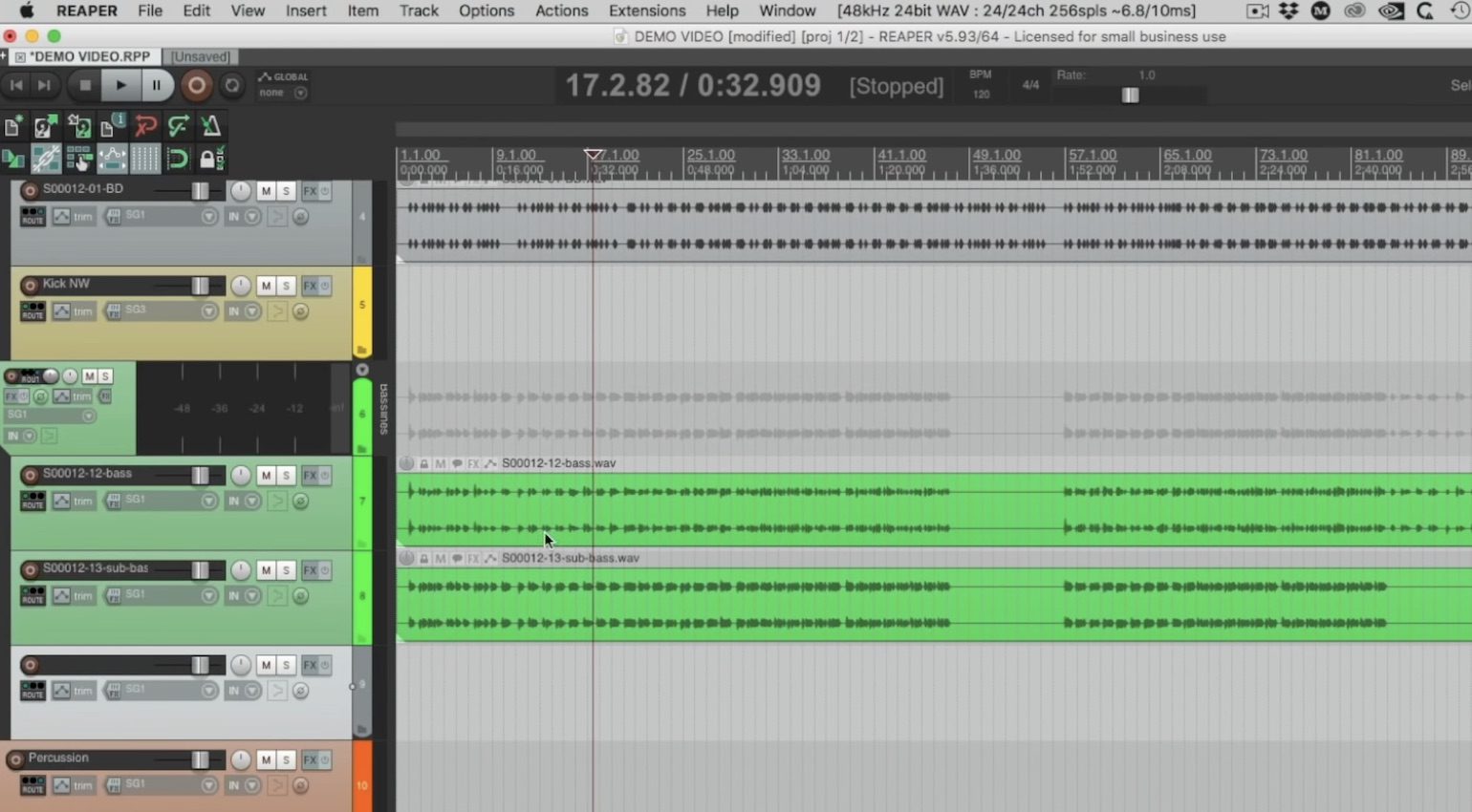
Almost every aspect of the workflow is customizable, and its one of the most resource-efficient DAW systems available. The entire download package (for Mac) is only 25MB, and it also offers compatibility with Windows and Linux.
Apart from the included ReaPlugs 64-bit plug-in suite, Reaper also supports VST2, VST3, and AU. Additional features like oversampling allow you to run plug-ins at higher sample rates than your global setting and auto-bypass on silence lessens the strain on your CPU.
As an alternative, Bandlab Cakewalk is a free DAW with years of development behind it.
Which is the best DAW? : Apple Logic Pro vs PreSonus Studio One
Although Apple bought it in 2002, Logic began as C-Lab Creator in 1987 on Atari ST which, in turn, evolved into Emagic Notator. As it developed, Logic became sought after for the power of its software instruments and effects, some of which were sold separately at the time.

These same Emagic instruments, like the ES1 and ES2 synthesizers, for example, are still part of Logic Pro today. Moreover, the amount of included content and overall creative power has always been an aspect that drew many users to the platform.
The accuracy of Logic’s audio features has gradually caught up over the years, and it remains one of the best value options for making music on MacOS.
If you like Logic’s workflow but aren’t a Mac user, check out Presonus Studio One as a possible alternative.
- More about Apple

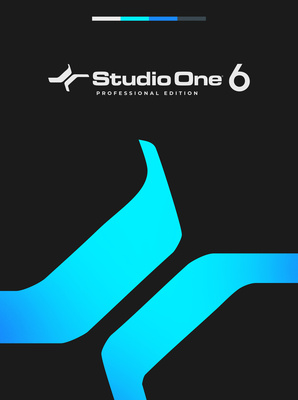
Which is the best DAW? : Ableton Live vs Bitwig Studio
If you’re looking to make electronic music, Ableton Live is arguably one of the best-suited DAWs for this purpose. With the combination of easy-to-use plug-ins and the intuitive session view, it provides an excellent platform for formulating new ideas quickly.
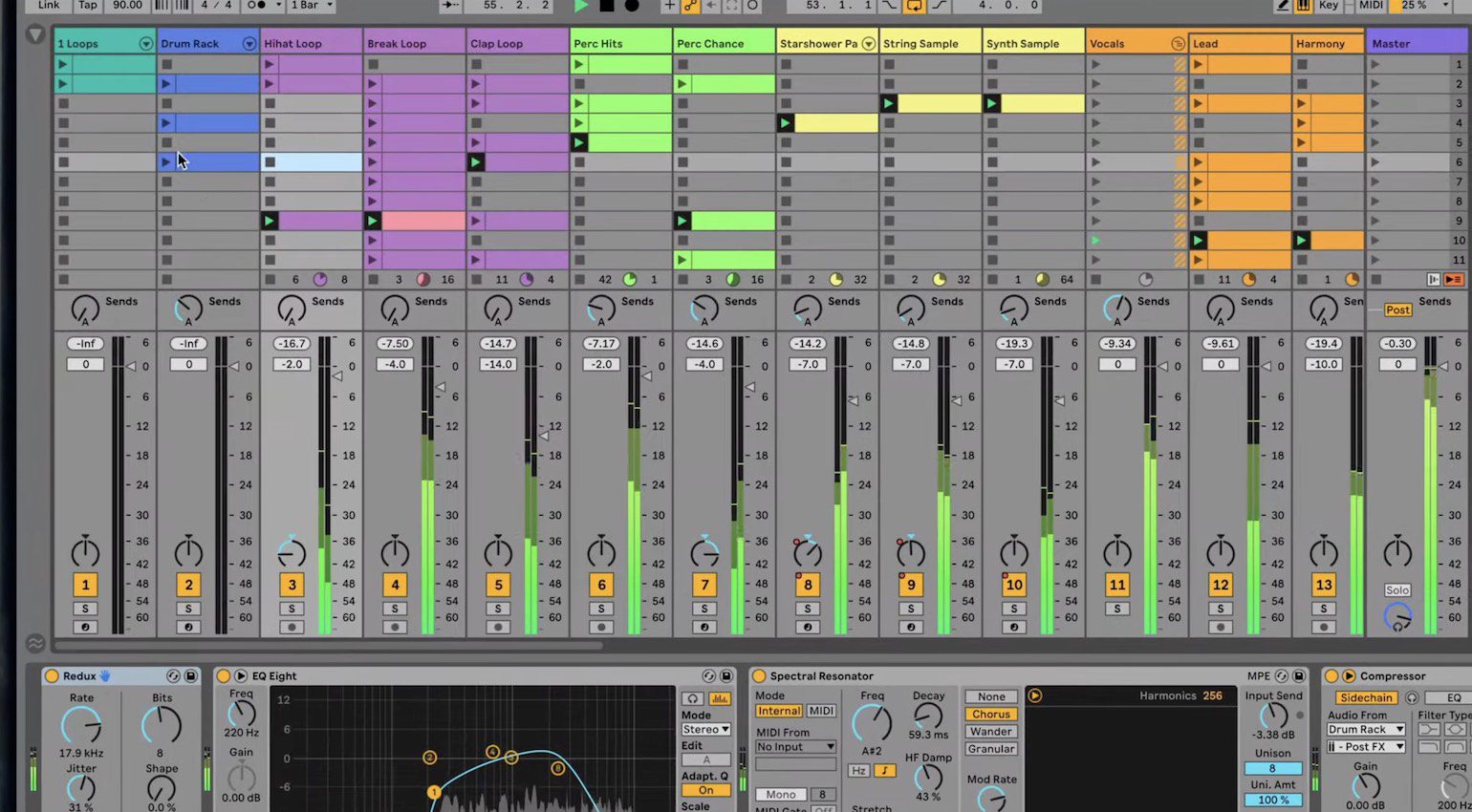
Another area where Live stands out when compared to other DAWs is the way in which it interfaces with external hardware. In terms of latency, stability, and clocking flexibility it offers outstanding performance which is why it’s generally the preferred DAW for use on stage.
In addition, features like Racks and Max for Live bring a unique level of customization to its creative arsenal that certainly appeals to some users.
Another DAW with plenty of overlapping features, but a slightly different approach is Bitwig Studio.
- More about Ableton

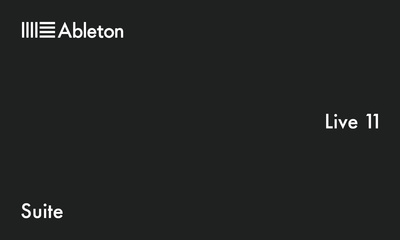

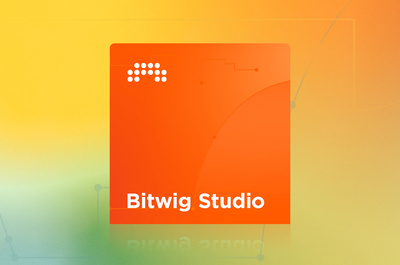
Which is the best DAW? : Reason vs FL Studio
Reason Studios began as Propellerhead Software with offerings like ReCycle in 1994 and the cult virtual studio ReBirth RB-338 in 1997. With a visual approach to software instruments, Reason was launched in 2000 with internal MIDI sequencing capabilities.
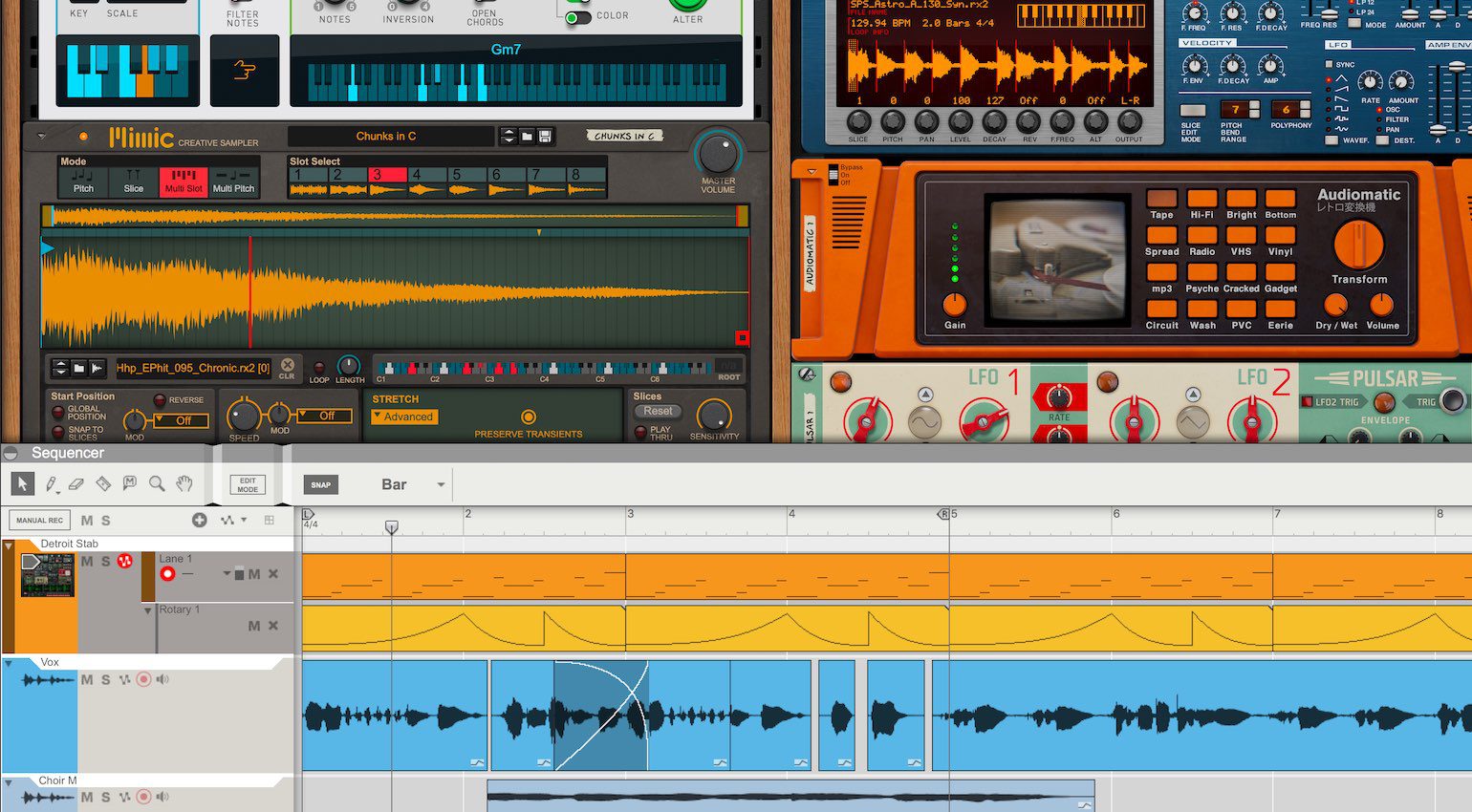
It wasn’t until version 6 that Reason could in fact record audio, and features like Rack Extensions and VST support followed in subsequent versions.
The virtual studio rack lends itself to a different type of creativity, and being able to create your own internal audio and CV routings, as well as Combinator instruments has a unique sensibility.
If you aren’t taken with the Reason approach but you’re looking to make Hip-Hop or EDM, FL Studio is a great option used by many top producers.
- More from Reason Studios

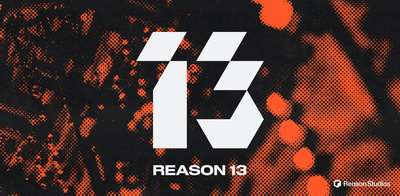

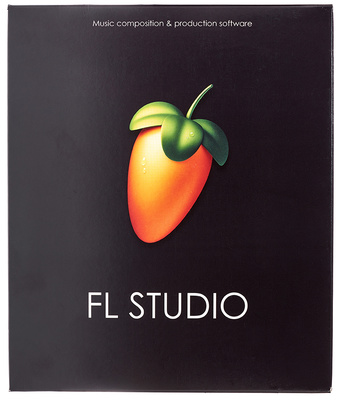
Which is the best DAW? : Avid Pro Tools vs Steinberg Cubase
Pro Tools began as a basic 4-track digital production suite in 1991, with a separate editor and mixing workstation. The design philosophy was to replicate and exceed the recording quality standards set by SSL consoles and tape machines.
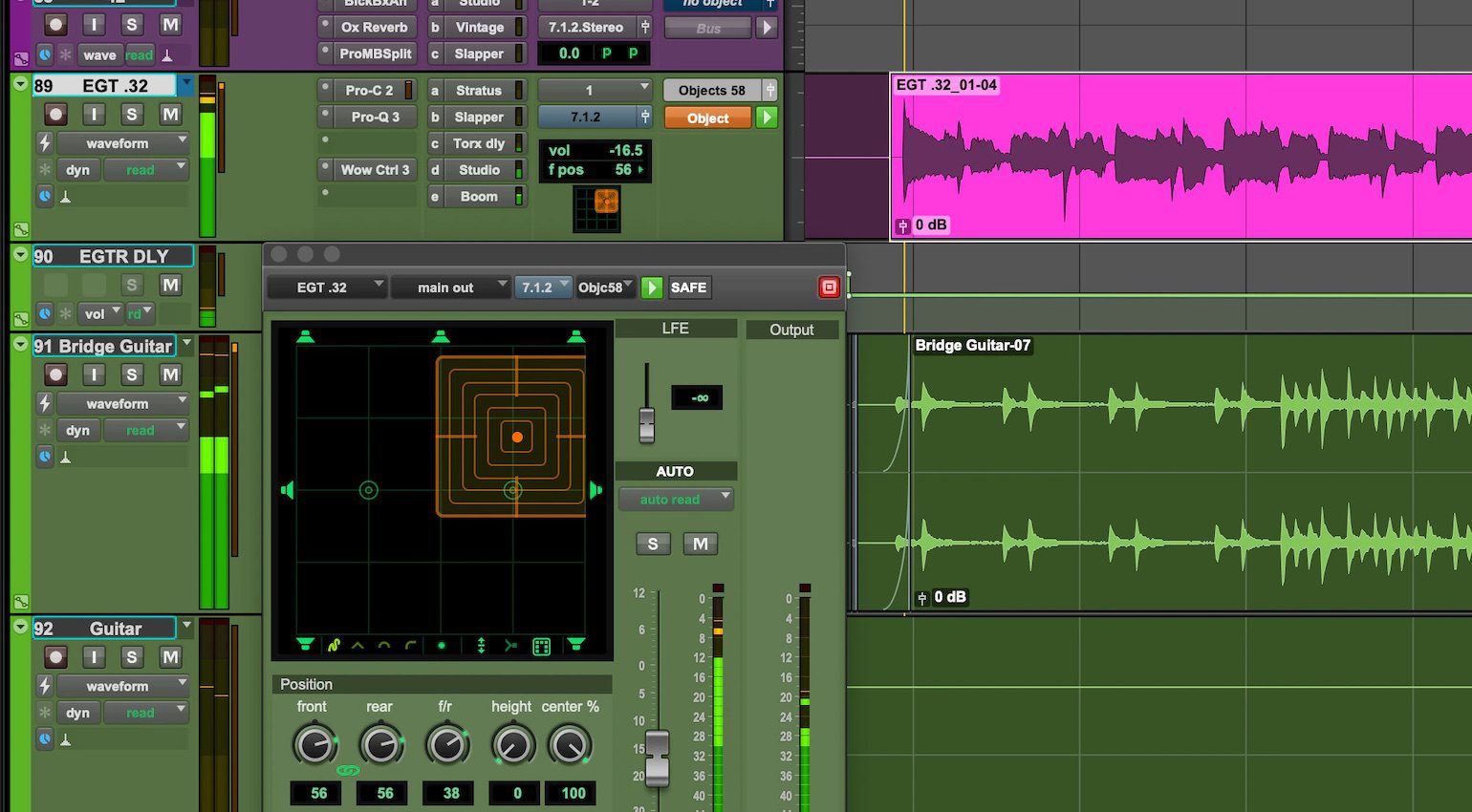
In addition, Digidesign began offering hardware integration with multiple linked DSP cards alongside Pro Tools, which meant that the processing demands weren’t reliant on 3rd-party computer technology.
This, among other features quickly defined Pro Tools as the industry standard recording system used in studios globally for any application. Today, faster chips mean we don’t rely on external DSP as much, but Pro Tools is still one of the most reliable DAWs available.
If Pro Tools isn’t for you, but you’re looking for a similar level of digital accuracy, check out Steinberg Cubase.
- More from Avid

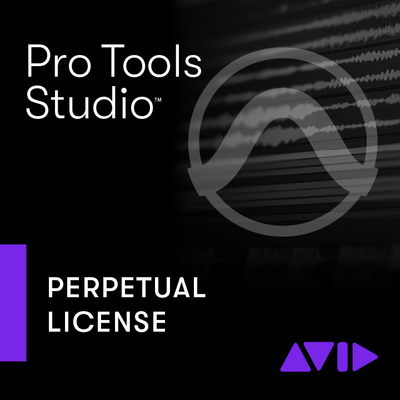

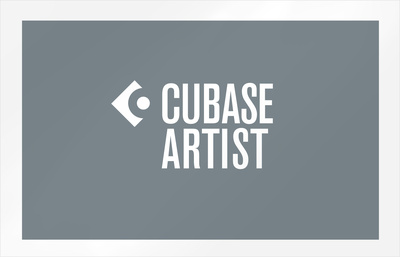

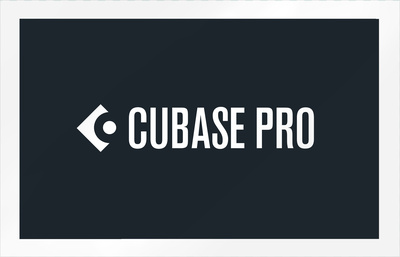
More about the Best DAWs:
Videos:
*Note: This article about the best daws contains promotional links that help us fund our site. Don’t worry: the price for you always stays the same! We will receive a small commission if you buy something through these links. We appreciate your support!
40 responses to “Which is the Best DAW System for your Style of Music?”

 3,5 / 5,0 |
3,5 / 5,0 | 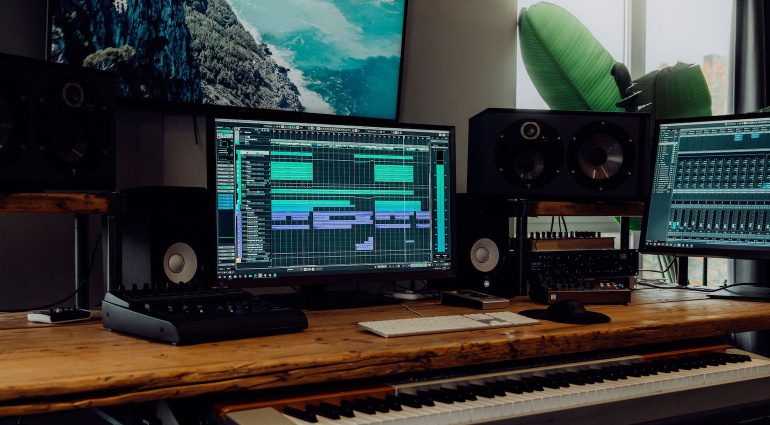


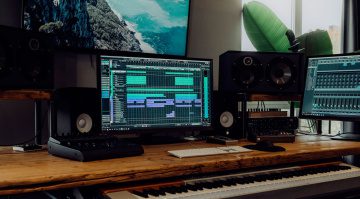

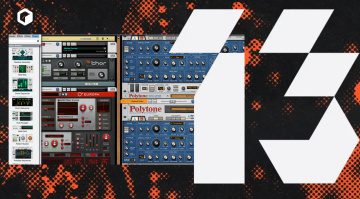
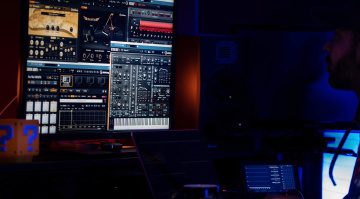
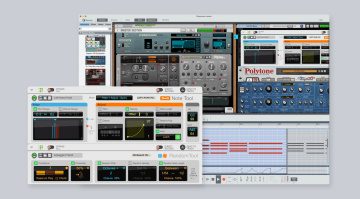
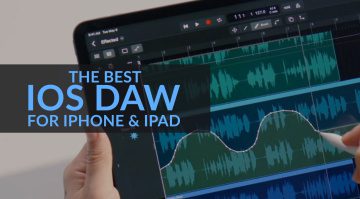
I am happy with AUM on iPad.
Luna
Renoise!!!
GarageBand is a great quick starting point for me that I will then expect to logic if I’m getting the feels from my efforts.
Apple Garageband, love it.
Reaper for linear audio and mixing, but most of my creative work is done in MPC 2.0 (hybrid DAW with MPC Live hardware.
I have a guitar background and was late to discover the MPC workflow, but it’s been the biggest improvement for me.
caustic goti back in the game. from just using a 202 Dr. groove.
I really had no way of improving how I did more than just beatz before caustic.
waitin’ for 25 years of caustic. is just amazing because it was my 1st solid mobile work flow of a d.a.w. and then to go from android to ipad.
and with all the I candy iOS apps we have.
with going d.a.w.less.
u can’t really say daw is the only way for music production in 2023.
it just happens to give a structure to a sound but dat sound can be generated from …. beakmaker3,
if u say Steinberg gotta say “nuenudo”., and if u going mobile cubasis., n.i. native instruments., maschine., I mean…. developers r turning up on the creative juices daily on iOS apps more than Android even tho “g – stomper studio” give a caustic a good run for the money. and “n track studio” as well. too many sources of getting ideas out and down. cause sum of these even works on Android and iOS like zenbeats by Roland. and akai has the mpc “mpc pro 2” for iOS. all of these really have less need of a daw. depends on your reason and your input for what u have in mind as ideas. to your reason of output as how u want your sound to finally sound. to boost a gain ratio of 5 to 1 for mobile to daw is u can’t really compare unless u really dig deep and do your homework. which will show.
you got to be smarter than the tools you use it’s not the software it’s the person.
I use MPC 2.0 software.. I mean I use 3rd party Vst plugins. But I guess it’s not considered a DAW
It may not be as widely known, but I think of it as a DAW, and it’s what I use most. It’s already great and they’re improving it all the time!
Reason to record and arrange then convert to stems and use Harrisons Mixbus for mixing
Digital Performer always gets overlooked but it does everything one could want.
I agree! Digital Performer gets overlooked. But it is an extremely powerful DAW.
Waveform and Reaper are worlds apart in capability and depth, and I do t understand the infatuation with Live.
LUNA 👍
Ardour for Linux. It comes free with Ubuntu Studio and AV Linux distros and is constantly being improved.
I’m using the MPC platform. MPC 2.0 on the PC with the MPC one as a controller. loving it!
Cakewalk – does pretty well everything other DAWs do and it’s free. Routing can be a bit of a mystery. I keep looking at other DAWs and then think, why would I change. I use it for EDM, ambient, spoken word and experimental. the one drawback is trying to connect a hardware mixer is a bit of a nightmare: routing again. but for now I am happy.
Love Cakewalk, I mainly use a DAW for vsts for live playing. Easy to change midi channels on the fly between my workstation, midi keyboard and my other synths with a quick mouse click. Plus at free it fits my budget!
Samplitude pro X – got used to it and though I’d like to try something else I can’t be bothered with a steep learning curve to change now
I use akai beats
Cubase rules.
I use a Cakewalk by Bandlab for 10 years to make electronic and ambient. It’s free, looks good and simple to use.
Bitwig works best…
Digital Performer from MOTU
Cakewalk is ideal for beginners tutorials and classes in DAW music editing since it’s the only DAW that has a free version with full functionality and no time-limit or annoying expiration pop ups.
i dont wanna make every time a song, i just like to play my gear whit the features that give me a daw and the best to me is live no way!
Cakewalk by bandlab
fl studio 20 is the best bro…..
I use Samplitude Pro X
I use Harrison Mixbus. Works well and is pretty intuitive. I’ve been using Mixbus since version 6. The upgrades since then have been solid.
*Production Software.
Image-Line FL Studio v20.2 signature edition
Ardour 7.5
LMMS 1.30
Zrythm 1.0.0
Rosegarden 22.12.1
MusE 4.1
Renoise 3.4
Mixbus32C
Running a Linux DAW with FL in WINE.
Mixbus + Logic Pro
There are obviously a lot of DAW options, but I don’t really think it is reasonable to try to help people make a choice with such a super-superficial description, for example the description of Cubase is embedded in the sentence “If Pro Tools isn’t for you, but you’re looking for a similar level of digital accuracy, check out Steinberg Cubase” – which doesn’t say anything. One thing that could perhaps help in making the choice was a table summarizing the combined set of all the things all DAW’s can do – and then some 0-5 marking of how well a given DAW does/handles the particular task/feature. That of course would require an explanation of what these features mean – so that you can see how this fits with what you would like to be able to do with your DAW. With some luck that could help narrowing it down to 3-4 different DAW’s that you could test on trial versions. Another thing that could make sense is which low cost (perhaps free) DAW would be the best to start on – and make it easy for you to go to the next level – if you find out DAW’s are good for you.
I use all of the on the list sans ProTools. different tools for different ideas and collaborators. People dictating we should use only one DAW is about as ridiculous as saying you can only play one synth or guitar
harrison mixbus 32c!!!!!!!!
I think that Cubase vs Studio One would be more appropos.
I use Studio One, Live and Reason (for its rack).
I don’t know why, but I find Live’s arranger incomplete?? Maybe that’s just me.
Started with Logic Pro, but have been using Luna for the last 10 months and it’s become my go to tool.
I always liked Sonic Foundry’s Acid Pro after getting an old copy when I was in my teens. I keep meaning to get back into producing and when I do I’ll probably jump find a copy of Acid Pro.
I’m not sure how to explain it, it just makes sense to me more than other DAWs I’ve tried.
I’ve been using Mixcraft Pro for about 5 years, but I’m thinking of changing DAW when I upgrade the computer.
You are currently viewing a placeholder content from Facebook. To access the actual content, click the button below. Please note that doing so will share data with third-party providers.
More InformationYou are currently viewing a placeholder content from Instagram. To access the actual content, click the button below. Please note that doing so will share data with third-party providers.
More InformationYou are currently viewing a placeholder content from X. To access the actual content, click the button below. Please note that doing so will share data with third-party providers.
More Information